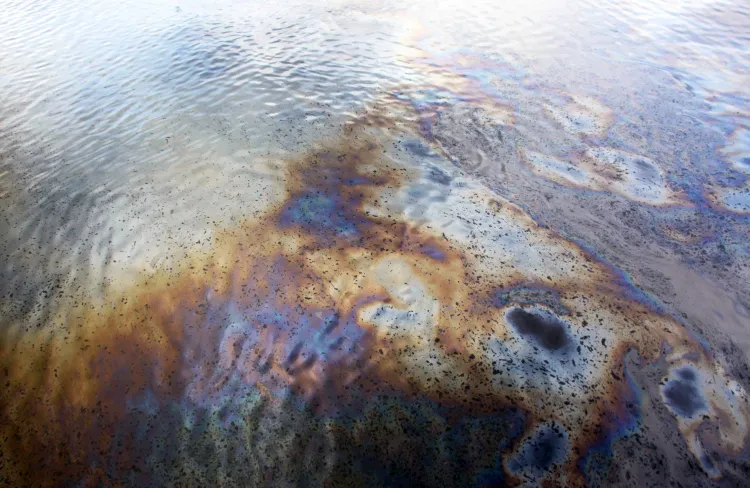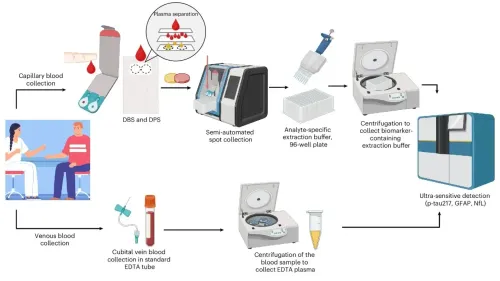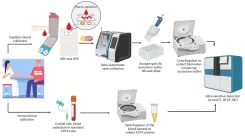How is NIT Rourkela Mitigating Industrial Oil Spills with Eco-Friendly Biofilm?

Synopsis
Key Takeaways
- The biofilm technology effectively degrades hazardous PAHs.
- It offers a cost-efficient alternative to traditional pollution management methods.
- The technology is beneficial for regions with high industrial activity.
- It presents opportunities for collaboration with the petrochemical industry.
- The biofilm enhances microbial activity for better wastewater treatment.
New Delhi, July 24 (NationPress) Researchers at the National Institute of Technology (NIT) Rourkela have innovated a cutting-edge bacterial biofilm technology designed to break down phenanthrene—a hazardous Polycyclic Aromatic Hydrocarbon (PAH) frequently present in industrial waste—and assist in reducing the damage caused by industrial oil spills.
PAHs are toxic organic compounds that can taint both soil and water due to fossil fuel burning, industrial discharge, and oil spills.
Conventional methods for handling these pollutants include chemical oxidation or soil excavation, both of which are costly and can lead to secondary pollution.
In contrast, this novel patented biofilm, which consists of cells adhered to a substrate within an extracellular polymeric matrix, achieved an impressive 95% degradation of phenanthrene in a mere five days.
This approach offers an eco-friendly, effective, and economical solution for treating wastewater.
“This technology is a game-changer for mitigating the effects of industrial oil spills, where phenanthrene and other PAHs significantly endanger marine ecosystems. It is particularly beneficial for areas with elevated industrial activity and limited pollution control measures,” stated Dr. Kumari Uma Mahto, Research Graduate at NIT Rourkela.
The biofilm was formulated using Luria Bertani broth, a nutrient-rich medium.
It has also exhibited swift PAH degradation due to enhanced metabolic functions and the structural integrity of the biofilm matrix, fostering increased microbial cell density, prolonged viability, and efficient substrate use.
“This innovative biofilm can seamlessly integrate into current biofilm reactors employed in municipal and industrial wastewater treatment plants, especially those addressing hydrocarbon pollutants,” explained Prof. Surajit Das from the Department of Life Science at NIT Rourkela.
“Our patented technology also paves the way for potential partnerships with the petrochemical sector, encouraging more sustainable pollution management practices,” Das further noted.
Moreover, the biofilm features a defensive layer of Extracellular Polymeric Substances (EPS) that facilitates the dissolution and absorption of harmful molecules while shielding microbes from toxic effects.
The findings underscore the promise of biofilm-based systems for improved biodegradation of persistent organic pollutants within wastewater treatment systems and polluted aquatic environments, according to the research team.










